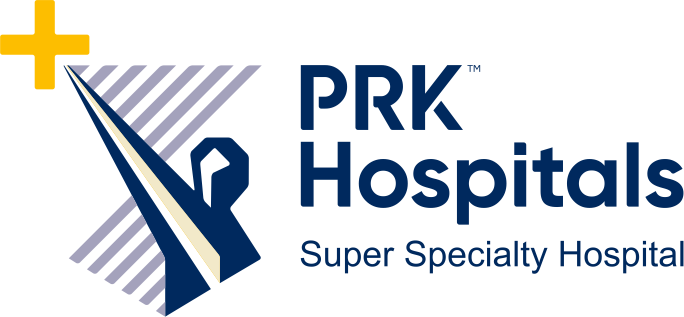- Home
- About Us
- About PRK
- Founders
- Doctors Panel
- Cardiology
- Cardiothorasic Surgeon
- ENT
- General Surgery
- Genaral Medicine
- Nephrology
- Paediatrics
- Neurology
- Orthopaedics
- Spine Surgeon
- Plastic, Reconstructive, Aesthetic and Microsurgery
- Obsterics & Gynaecology
- Pulmonology
- Neurosurgery
- Urology
- Radiology
- Medical Gastroenterology
- Dermatology
- Psychiatric
- Physiotherapy
- Dr Sri Nayan Katari
- Specialties
-
- Our Services
- Patient Info
- News & Events
- Online Reports
- CRM
- Careers
- Contact Us
- Home
- About Us
- About PRK
- Founders
- Doctors Panel
- Cardiology
- Cardiothorasic Surgeon
- ENT
- General Surgery
- Genaral Medicine
- Nephrology
- Paediatrics
- Neurology
- Orthopaedics
- Spine Surgeon
- Plastic, Reconstructive, Aesthetic and Microsurgery
- Obsterics & Gynaecology
- Pulmonology
- Neurosurgery
- Urology
- Radiology
- Medical Gastroenterology
- Dermatology
- Psychiatric
- Physiotherapy
- Dr Sri Nayan Katari
- Specialties
-
- Our Services
- Patient Info
- News & Events
- Online Reports
- CRM
- Careers
- Contact Us



